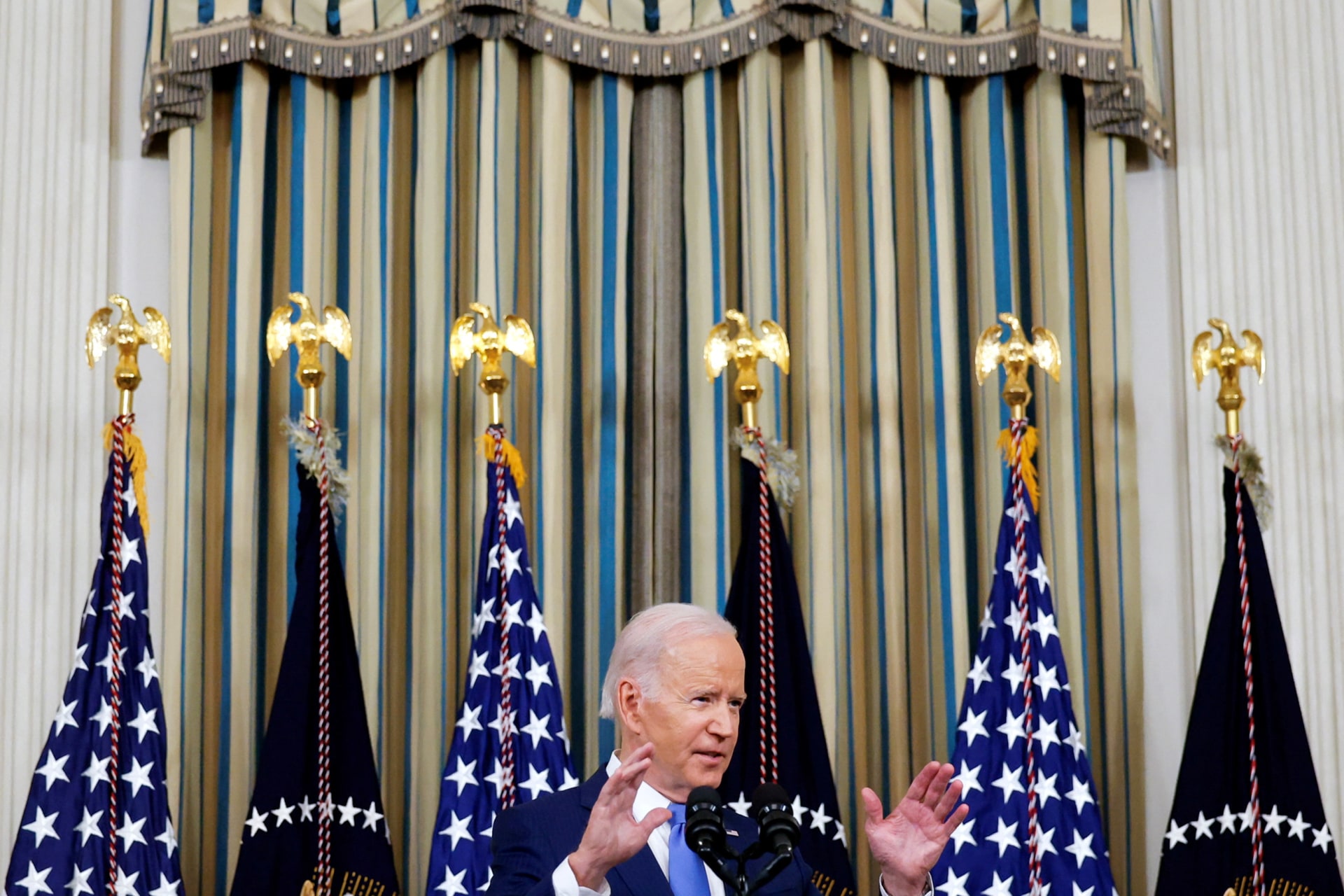How the U.S. Midterm Elections Were Seen in India
Indian analysts noted important points from the U.S. midterm results in their news coverage, including how the results might affect U.S. foreign policy and what this could mean for India.

By experts and staff
- Published
Experts
![]() By Manjari Chatterjee MillerSenior Fellow for India, Pakistan, and South Asia
By Manjari Chatterjee MillerSenior Fellow for India, Pakistan, and South Asia
The recent U.S. midterm elections were avidly followed and dissected not just in the United States, but also by those watching the United States in India. As the results rolled in, Indian news outlets released both reports and analyses on them. Several main points stood out in reading this coverage.
First, in India, as in the United States, the midterms were seen as a referendum on democracy. But while President Biden said the ensuing results were a win for democratic values, Indian analysts interpreted the results as mixed. On one hand, they acknowledged that candidates who were election deniers lost their own elections. On the other hand, the very fact that these candidates could run for office at all was seen as evidence that the era of Trumpian politics is not over. Mr. Trump’s declaration of his candidacy even before the Republicans could secure their House majority was seen as portending an increase in “racist, white supremacist dog-whistle[s]” leading up to the 2024 presidential elections.
Second, the midterm results were taken as further proof of the divisions in U.S. politics and society. Reports indicated worry about what a divided U.S. government could mean for its performance on the world stage. For example, some analysts and editorials expressed concern that President Biden would be hampered in his attempts to cooperate on climate change. Others thought that U.S. democracy and efficacy abroad might be further challenged if the Republicans push for a revenge impeachment of President Biden. The GOP civil war as symbolized by the rise of Ron DeSantis and his conflict with Donald Trump—“Don v Ron” as one outlet put it—was also seen as possibly contributing to America’s political turmoil and internal divisions leading up to 2024.
Third, the coverage focused on what the midterms could mean specifically for India. The fate of immigration was an important concern. With Republicans holding the House and Indians perceiving the GOP as being in favor of stricter immigration laws, the plight of Indians waiting for a visa is seen to be at stake. The current wait for a visa can be up to two years, and the worry is that, far from improving, the situation could worsen with a divided government. Indian analysts are also aware that the Biden administration has not pressured India into a clear position on Ukraine, and some wondered whether the GOP House takeover could force the President to take a harder stance on India as a quid quo pro for legislative wins. However, others pointed out that a lame-duck President might be compelled to focus on bringing the Ukraine war to an end with face-saving compromises for all parties involved, which would be strongly in India’s interests. A Republican takeover of the House could also be somewhat positive for India economically: Republicans may hamper President Biden’s attempts to push higher taxes on the corporate sector or increase government spending, actions which could increase inflation.
Finally, reports rejoiced over the expansion of the “Samosa Caucus,” the joking nickname for the group of Indian-American lawmakers in Congress. Many pointed out that the political influence of Indian-Americans is growing in the United States, while others also noted that all of the Indian-American legislators are members of the Democratic Party. The “historic” election to the Illinois State House of Nabeela Syed, a 23-year-old Indian-American Muslim, was lauded by multiple media outlets.
These Indian analyses of the U.S. midterm elections and their attention to what the results could portend for India is a relatively recent phenomenon, reflective of India’s perception that it today has a large stake in the success of the U.S.-India strategic partnership.
